If you would like to create a habit of getting to God's word this section is the place to begin. The day after you sign up for a reading plan you will receive a text message with your assigned reading for the day. No worries its just 1 chapter a day 5 days a week.
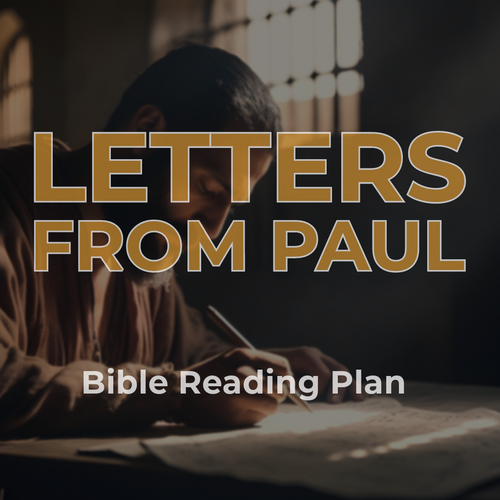
I (Pastor Robbey) love the books in this reading plan. When I read the New Testament I always seem to find my way into these books.

This book tells the story of how the Church was birthed. I (Pastor Robbey) believe this might be one of the most exciting books in the New Testament.
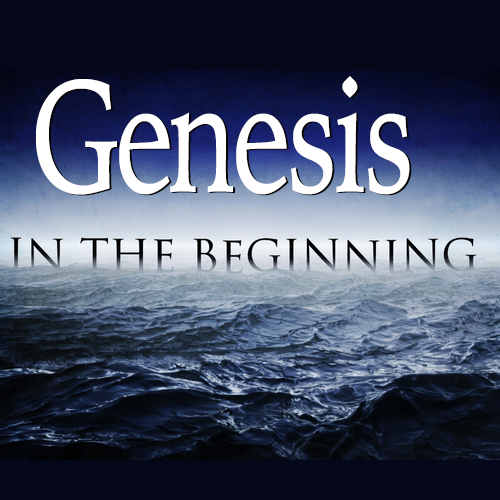
I (Pastor Robbey) find it really amazing that God creates everything and then God declares "it was good" and then just 50- chapters later it states this, "So Joseph died, being 110 years old. They embalmed him, and he was put in a coffin in Egypt."

In this book God demonstrates His power for the world to see. A picture of what Jesus would do for us in the New Testament.
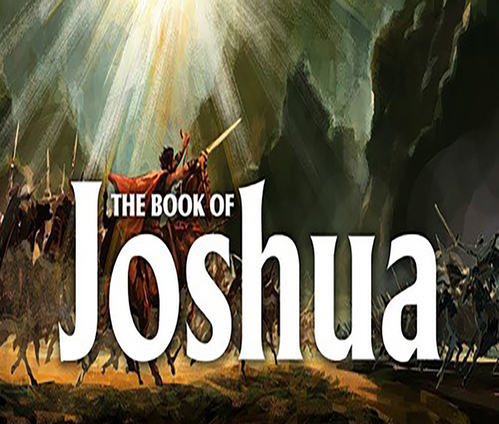
God provides a land for His people. One problem the land in inhabited. Joshua leads an invasion into this land.
This book is filled with battles and its very clear The Lord is fighting their battles.
This book is filled with battles and its very clear The Lord is fighting their battles.
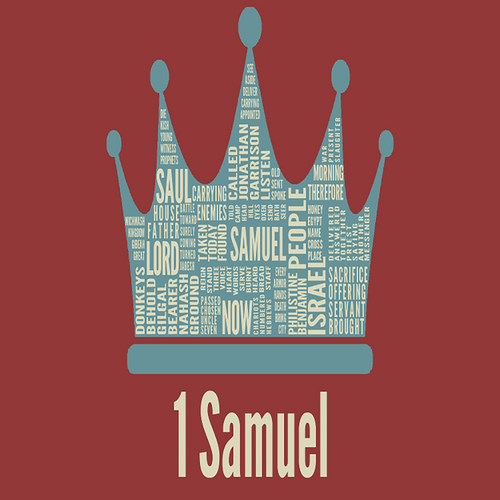
1 Samuel is a book in the Old Testament that serves as a historical narrative of the transition from the period of the judges to the establishment of the monarchy in Israel. The book begins with the story of the prophet Samuel's birth and his role as a spiritual leader in Israel. It then introduces the first king of Israel, Saul, who starts out as a humble leader but becomes increasingly disobedient to God.
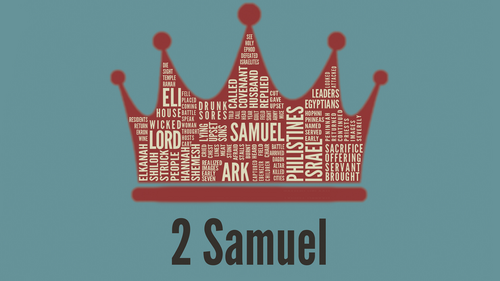
2 Samuel is a book in the Old Testament that continues the historical narrative of the Israelite monarchy. It covers the reign of King David, highlighting his victories, struggles, and personal life. The book explores themes of power, loyalty, betrayal, and the consequences of sin.
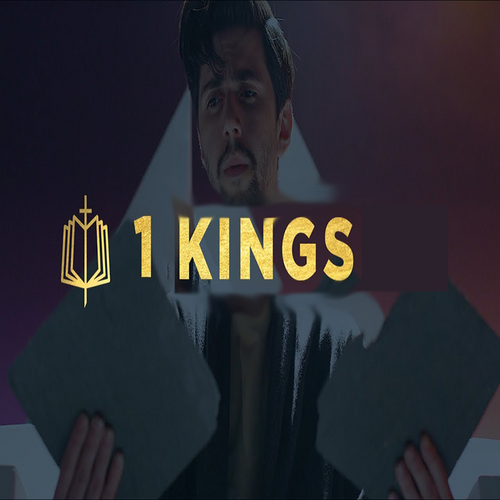
1 Kings is a book in the Old Testament that continues the historical account of the Israelite monarchy. It covers the reign of King Solomon, the division of the kingdom into Israel and Judah, and the subsequent reigns of various kings in both kingdoms. The book highlights the successes and failures of these kings, focusing on their faithfulness or unfaithfulness to God.
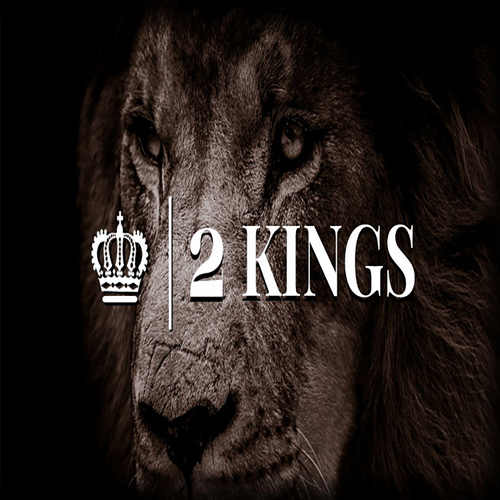
2 Kings serves as a powerful testament to the faithfulness of God and the importance of trusting in Him in all circumstances. It is a reminder that God is always at work in the world, and that His plans will ultimately prevail.

Ruth's loyalty foreshadows Christ's sacrifice; her marriage to Boaz depicts Christ's redemption of humanity, making her an ancestor in Jesus' lineage, highlighting God's providence and grace.
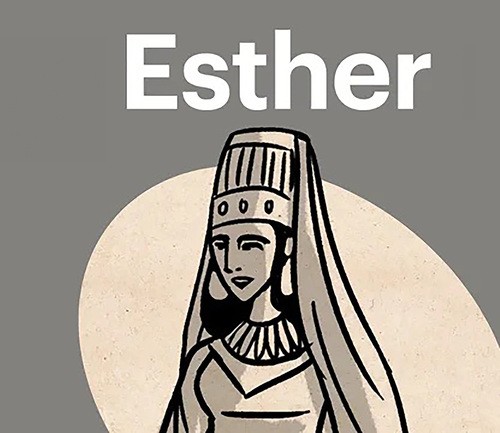
The Book of Esther recounts how a Jewish queen and her cousin thwart a plot to annihilate the Jews in ancient Persia, demonstrating God's providential care for His people despite His apparent absence.

1 Chronicles offers a sweeping narrative of Israel's history, focusing on King David's reign and the establishment of temple worship. It's a tapestry of genealogies and stories that highlight God's covenant with David, setting the stage for future hope and redemption. This book invites readers to explore the roots of faith and leadership.
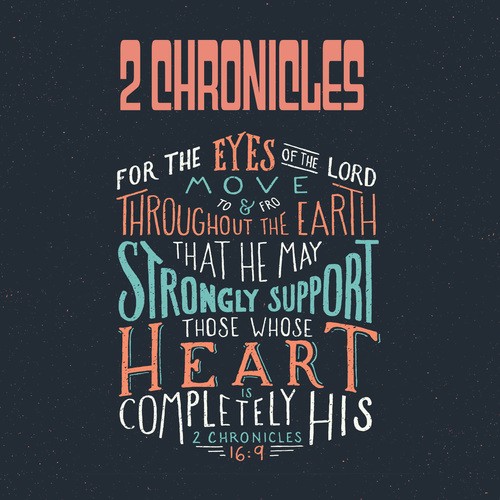
2 Chronicles is unlike other historical books such as Samuel and Kings, 2 Chronicles places a significant emphasis on proper worship and devotion to God. The narrative highlights the importance of worshiping God in the right way and stresses the centrality of the temple in Jerusalem as a place of worship. This focus serves as a reminder of the unifying power of worship and how it can bring communities together under God's guidance
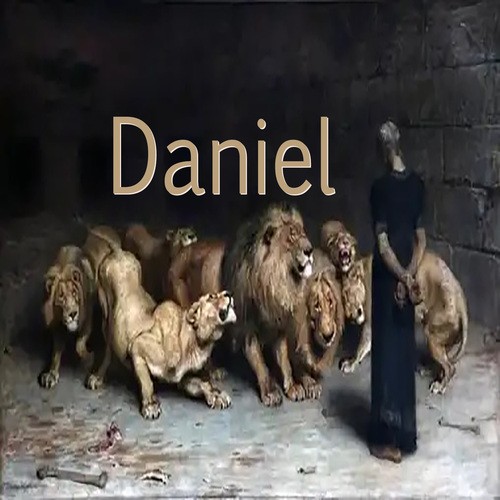
The Book of Daniel offers encouragement to remain steadfast in faith, even when surrounded by a secular or hostile culture. It reassures believers that God is in control, providing hope for both present challenges and future fulfillment

The Book of James emphasizes practical Christian living, encouraging believers to demonstrate genuine faith through actions. Written by James, the brother of Jesus, it highlights themes such as perseverance in trials, the relationship between faith and works, and the importance of controlling one’s speech. James calls believers to live out their faith by caring for the needy, avoiding favoritism, and seeking godly wisdom. The book challenges Christians to not just believe but to actively live out their faith in everyday life.

The Book of Revelation is an apocalyptic vision given to John, revealing Christ’s return, the defeat of evil, and the creation of a new heaven and earth. Through symbolic imagery like the Lamb (Jesus), a dragon (Satan), and two beasts, it depicts divine judgments—seals, trumpets, and bowls—on a rebellious world. Revelation concludes with Christ’s victory at Armageddon, Satan’s defeat, and God’s eternal reign with His people in a restored creation, offering hope to believers.
